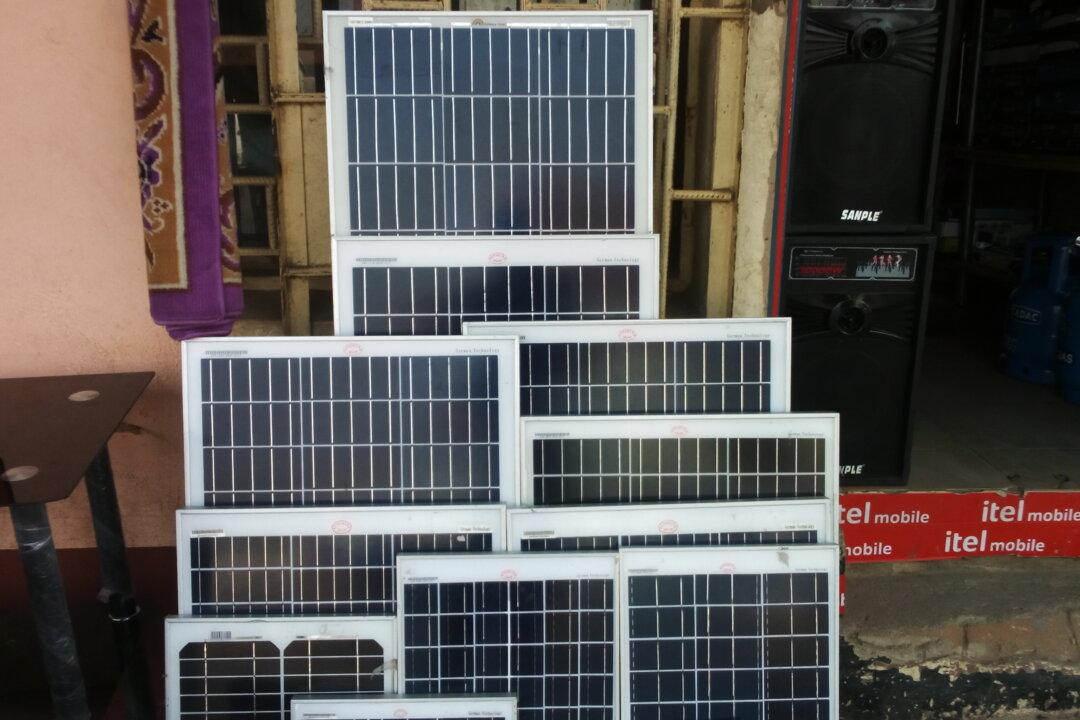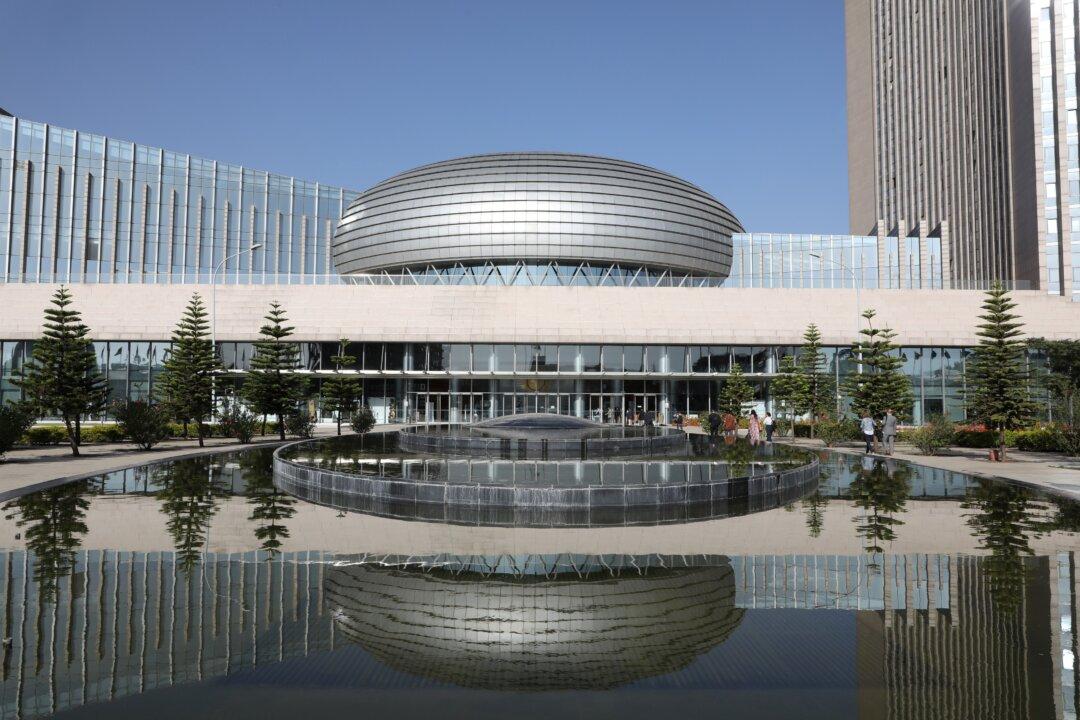MUTARE, Zimbabwe—Thousands of people in Zimbabwe have lost their jobs in the past few years because a flood of cheap imports from China has essentially destroyed the country’s manufacturing industry, experts say.
Businessman and former Harare Mayor Bernard Manyenyeni told The Epoch Times that some businesses in Zimbabwe have collapsed as a result of stiff competition from cheap Chinese products.





